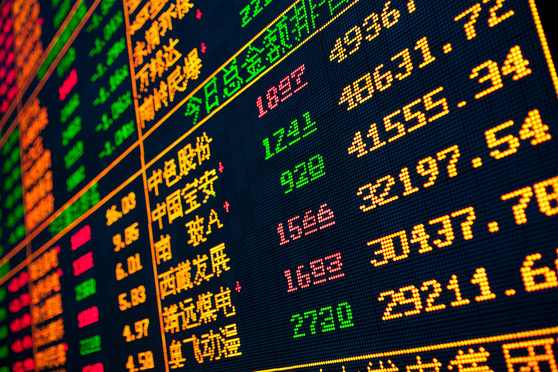In the News: QFII Investment Quotas Scrapped; China-US Trade War 'Goodwill'; Insurance Affiliate Transactions Scrutinized; and Surging Pork Prices Spark Alarm
September 16, 2019 | BY
Vincent ChowChina scraps QFII quotas on foreign investment in capital markets; China and U.S. exchange goodwill gestures ahead of trade talks; CBIRC tightens regulation surrounding affiliate transactions in insurance sector; and surge in pork prices spark government scramble to increase production with subsidies
China scraps QFII and RQFII investment quotas, further opening up capital markets
China will remove caps under two programs on foreign investment in its capital markets, the world's second largest. The State Administration of Foreign Exchange (SAFE), China's currency regulator, announced it will remove investment quotas under the Qualified Foreign Institutional Investor (QFII) and Renminbi Qualified Foreign Institutional Investor (RQFII) programs. It did not say when the changes will take effect but said it will immediately revise regulations and continue work on further opening up measures.
This premium content is reserved for
China Law & Practice Subscribers.
A Premium Subscription Provides:
- A database of over 3,000 essential documents including key PRC legislation translated into English
- A choice of newsletters to alert you to changes affecting your business including sector specific updates
- Premium access to the mobile optimized site for timely analysis that guides you through China's ever-changing business environment
Already a subscriber? Log In Now





